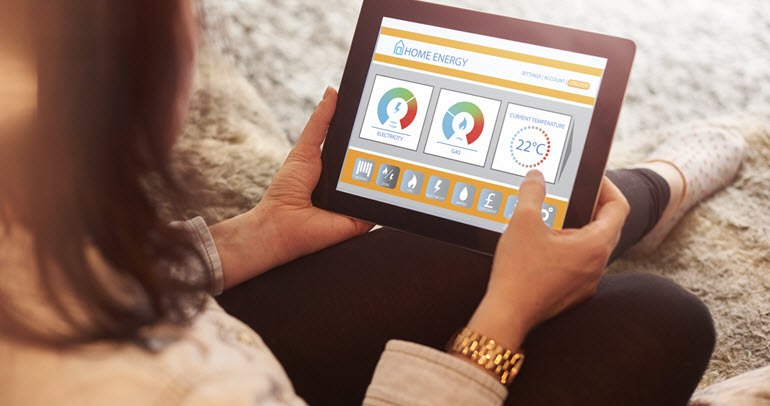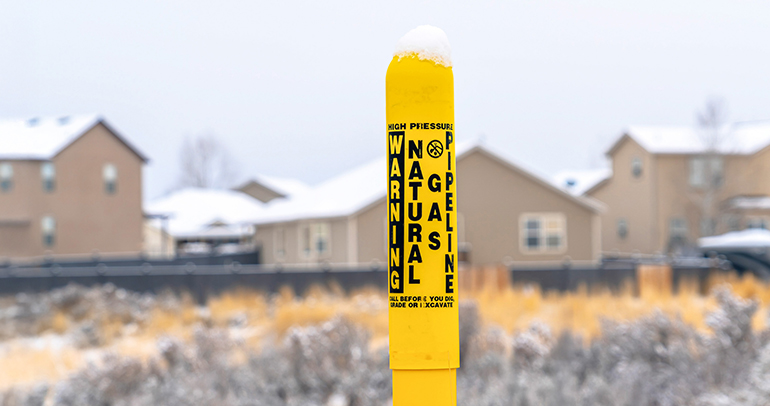
When they first deployed smart meters, utilities envisioned a smart energy future where customers become masters of their own energy destiny by logging on to real-time consumption data, selecting alternative rate plans that fit their energy profiles, and profiting from energy consumption management programs. Customer satisfaction and engagement would follow. Now, with an estimated 70% of households with a smart meter installed, our Utility Trusted Brand & Customer Engagement study is tracking the industry’s progress to those ideals.
While the industry is closing in on three in four customers having a smart meter installed at their residence, only one in six (17%) is aware they have a smart meter. Memphis Light, Gas & Water has the highest recognition of smart meters, but still only 38% say they have a smart meter at their residence. The industry’s low awareness is partly due to utilities not communicating directly because of perceived public concern over smart meters and PR missteps by the utilities that were first to install smart meters. Another reason is that electric meters (in any form) just aren’t that exciting to consumers. Ultimately, the promise of utility customers fully embracing smart meters is proving to be wishful thinking.
Still, increasing awareness is worth the effort. The best utilities are positioning smart meters as an enabling technology rather than just a way to provide an accurate bill or more frequent consumption data. And among customers who know they have a smart meter, satisfaction increases 19 points and Engaged Customer Relationship (ECR) scoring increases 21 points. While the original vision may not be reality, smart meter awareness is proving to be a great way to engage customers.
With the utility industry’s goal of enabling innovation with a greater focus on customer benefits and enhanced offerings, now is an important time to increase smart meter awareness. Tying the presence of a smart meter to the control and offerings customers now have available will be key. Utilities, customers and stakeholders will benefit from consumer smart meter awareness in more ways than one.
10 Market Benefits of Smart Meters:
- Energy-efficiency use grows. Customers with smart meters have an 11% higher use of consumption management offerings.
- Use of non-paper billing and payments increases. Over 80% of those with smart meters receive or pay their utility bills through non-paper methods.
- Smart meter benefits are a great customer talking point. Customers who recall communication on how smart meters can benefit them score Utility Communications Effectiveness extremely high (a 790 on a 1,000-point scale).
- Greater adoption of enhanced rate plans. One in three customers aware they have a smart meter has selected a nonstandard rate plan.
- Customer trust increases. Brand Trust scoring increases a significant 20 points among customers with smart meters. These customers also agree that their utility is a trusted energy adviser and that utility endorsement of an energy offering would add value.
- Digital touchpoints are preferred. Customers aware of a smart meter at their home use digital service channels more often and have 7% greater recall of utility digital communication.
- Utility is positioned as an innovation. Over half of customers who are aware they have a smart meter say their utility is a leader on innovation, can keep their personal digital information safe, and can protect against cyberattacks.
- Rates are perceived as more reasonable. Even though average bill amounts are the same, customers aware of their use of smart meters rate their utility significantly higher on having reasonable rates and manageable bill amounts.
- Support for environmental and renewable efforts grows. One in five smart meter customers is ready to use solar energy sources, and two in three say their utility should invest in clean energy technology.
- Smart meter customers become product advocates. Smart meter customers tend to use more utility offerings and are more likely to recommend those offerings to others. The utility Net Product Promoter Score increases 10 points from -6.3 to 4.3.
The obstacles to smart meter installations are also declining as younger, tech-savvy customers are becoming the largest part of the utility customer base (Gen X, Millennial and Gen Z generations compose 55% of the average utility customer base), and these customers reward expanded interactions through technology. Our study also shows that one-quarter (25%) of utility customers fall into the Digital Types customer segment—a customer cohort that expects enabling technology and digital offerings. This segment comprises an even-greater one-in-three (34%) share of customers aware of smart meters.
Truly, the future of the utility will be tied to the implementation of technologies that enable greater customer engagement, and smart meters will be an important part of that evolution. Now is a great time to reengage customers in a robust discussion about the benefits and promise of having a smart meter. To learn more about the effectiveness of your smart meter deployment and how to engage your customers in the benefits of advanced metering infrastructure and smart meters, feel free to contact me anytime.









